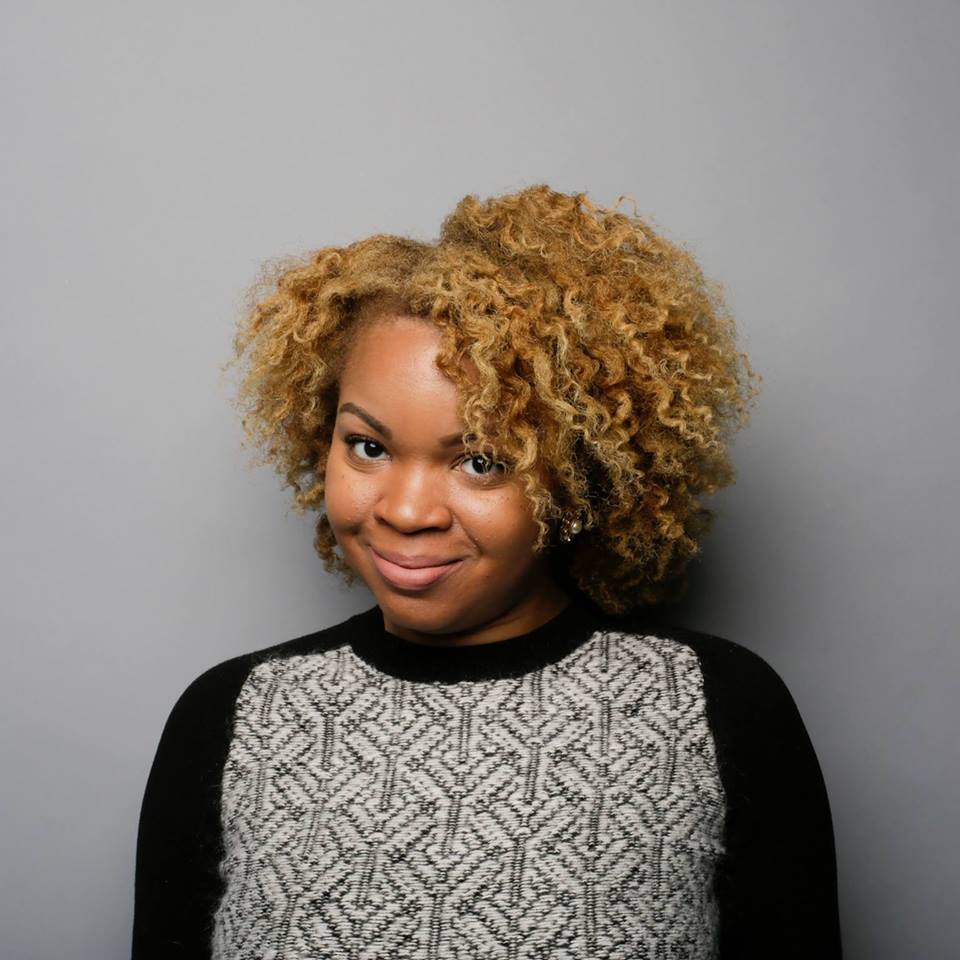This Trending Hashtag Is Calling out White Privilege in the Workplace

By:
Black women face a number of issues in the workplace, making them virtually "invisible," especially when it comes managing positions.
Educator and activist Brittany Packnett began to tweet #BlackWomenAtWork in response to two recent incidents involving two black professional women that took place on Tuesday.
First, Bill O'Reilly used his appearance on "Fox and Friends" to remark that California Rep. Maxine Waters looked like she was wearing a "James Brown wig," which immediately sparked outrage online from those who called out his comment as racist and sexist. American Urban Radio correspondent April Ryan was also the subject of an out-of-pocket comment but from White House Press Secretary Sean Spicer, who told the veteran White House reporter Tuesday during a press briefing to "stop shaking your head."
In response, Packnett began to tweet the hashtag to illuminate that these incidents with Ryan and Waters were far from one-offs:
She then shared a few experiences of her own:
Soon, other women began to follow suit by sharing their own tales of being on the losing end of white privilege at work:
However, the racial bias starts as early as the job application process, with 27 percent of blacks "saying they felt they had been denied a job they were qualified for compared to 20 percent of Hispanics and just 9 percent of whites," according to the CNN/Kaiser Family Foundation poll on race in America.
"To be a black professional is often to be alone. Most black doctors, lawyers, journalists, and so on—those in white-collar positions that require specialized training and credentialing—work in environments where they are in the racial minority," wrote Adia Wingfield for The Atlantic in October 2015.
While these issues likely won't go away overnight, hashtags like #blackwomenatwork inspire conversations and shed light on how far America has to go to truly be the "land of the free."
